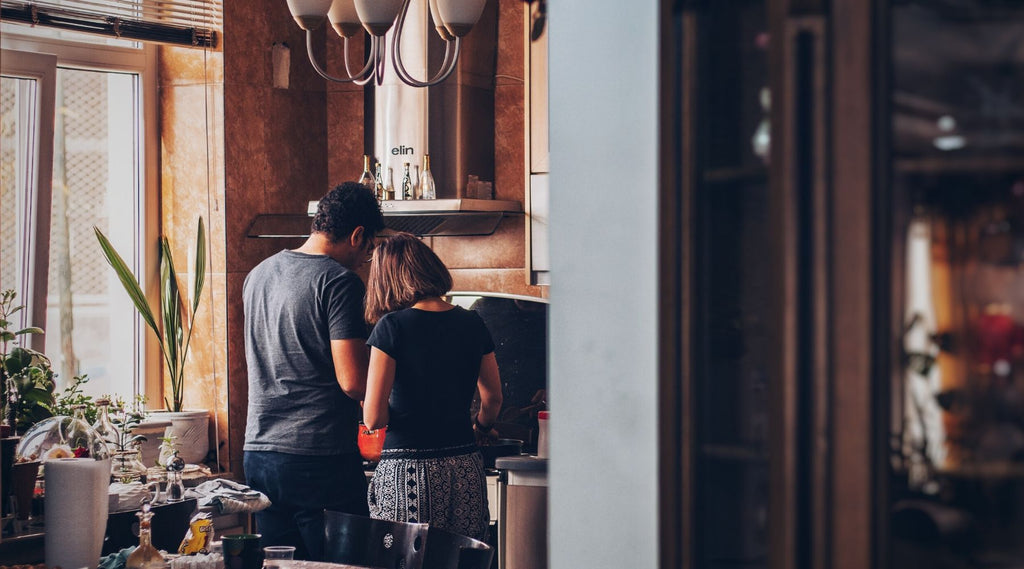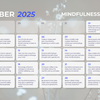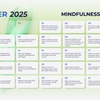How Anxiety is Spiking During Nationwide Lockdown and What It Means About Our Society

There’s one question we’re asking and answering more than ever, and that’s “how are you feeling?”
So many people are struggling with mental health issues during this pandemic, and it’s not always the people you’d think.
If you feel like you’re not coping well, know that you’re far from alone. In this post, we’re going to cover how and why anxiety is spiking and what it means about our society.
The Problem: Overarching Uncertainty
The elephant in the room is the overarching uncertainty that we all feel right now. It’s almost as if the only thing certain is that we’ll spend another day in relative social distance isolation -- and that’s scary for a lot of people.
And we can talk about uncertainty in a general sense because it covers literally everything we’re grappling with right now. But when we dig down to the details, we might find that people are worried about very different uncertainties.
Some people are most worried about their health and the health of loved ones. Others are most concerned about how they’re going to pay the bills next month. Another group is concerned with the impact all this isolation will have on the economy.
And most of us are sitting with some worry in each of those buckets.
We don’t know whether we’ll personally be exposed to the virus. And if we do get sick, we don’t know if it’ll be mild. Many people don’t know what will happen with their jobs, and none of us know exactly what the post-pandemic world will look like financially.
How We’re Handling Anxiety
If you look at the statistics, it seems that we may not be handling all this anxiety in the healthiest possible way. Domestic violence has increased worldwide since the COVID19 pandemic began, and most experts predict an increase in suicide rates as a direct result of COVID-19, especially among frontline workers.
We’ve also seen a surge in alcohol sales since COVID-19 emerged. And while alcohol abuse may seem like a small problem compared to suicide and domestic violence, we can just look to our social newsfeeds to see how rampant and normalized it has become. People joke about having liquor with breakfast and drinking wine all day. And for some people, these are just jokes. But the fact remains that alcohol abuse is often used as a coping mechanism for anxiety.
And it’s worth noting that there’s a strong correlation between alcoholism and domestic violence. This isn’t a problem we should take lightly.
If you’ve struggled with alcoholism before, you may be susceptible for a relapse in quarantine.
For all these reasons, it’s crucial to find healthy outlets for stress and anxiety -- for us all.
Healthy Outlets for Stress
Stress and anxiety are natural for so many of us during this time, but now is not the time to suppress those feelings. Think of those anxious feelings as your mind’s way of sending a help signal. Your body is telling you that things currently do not feel okay, and that’s not a signal we should ever ignore.
But treating stress doesn’t have to involve a prescription. Many people prefer getting rid of stress the natural way. And most natural methods don’t come with the side effects you’ll find with prescription drugs.
What This Means for Our Society
According to some experts, anxiety is soaring in the United States, and it has been in the years leading up to the current pandemic.
Knowing this, we can estimate that many people have entered this global crisis with mental health concerns. And the overarching uncertainty is only compounding the already growing problem.
With tragic circumstances, we can only expect anxiety to skyrocket during this time and beyond. For now, it’s going to be up to each of us to take stock of our own mental health and get help when things seem unmanageable.
If you’re struggling with mental health issues now, reach out and get help. Talk to a professional counselor or someone you trust, and you may also want to investigate natural treatments for anxiety.
Not only can you learn calming techniques to feel better in each moment, but you can also prevent anxiety from snowballing in your own life.
*This blog post was written by Khazen Ali.
-
Posted in
Stress




